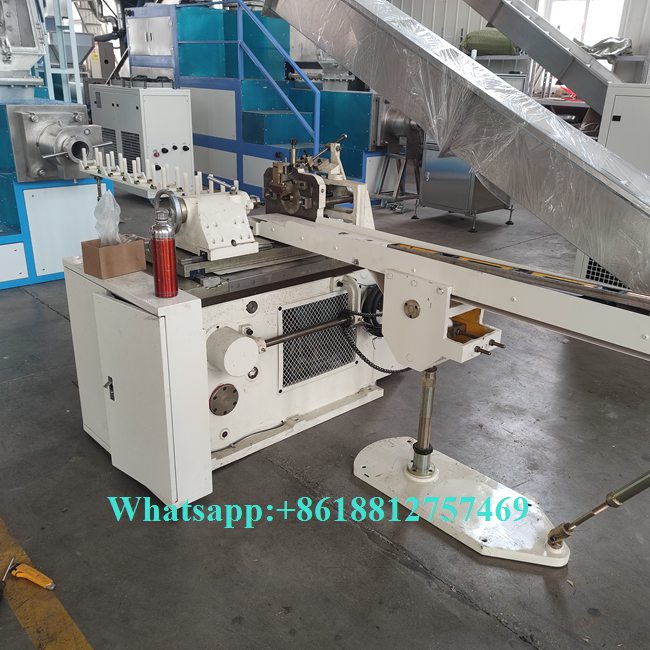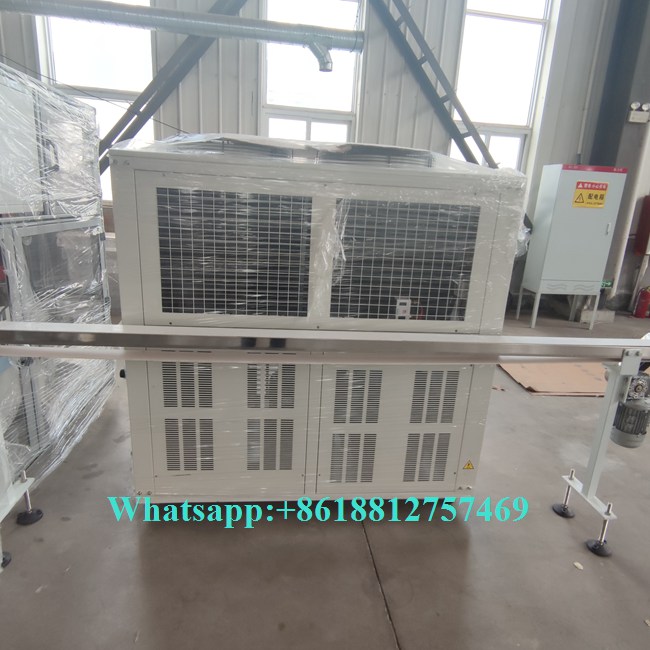Product name : toilet soap making machine
Use : produce laundry and toilet soap
Capacity : 100 -2000 kg/h
Introduction to soap manufacturing equipment
We offer machines in various capacities.
Options are 100-2000kg/h. Each fit different production needs. From small batches to large-scale runs, they all work. Custom options also available, though not listed here.
The setup follows a clear flow. Start with the soap mixing machine. Then a conveyor moves materials along. Next comes the three-roll mill—critical for refining texture. Another conveyor takes over after that.
Then it’s the double-layer vacuum plodder, or extruder. This shapes the soap into uniform strips. After that, the cutting and stamping machine steps in. It trims to size and adds designs. Finally, the soap package machine wraps up the process.
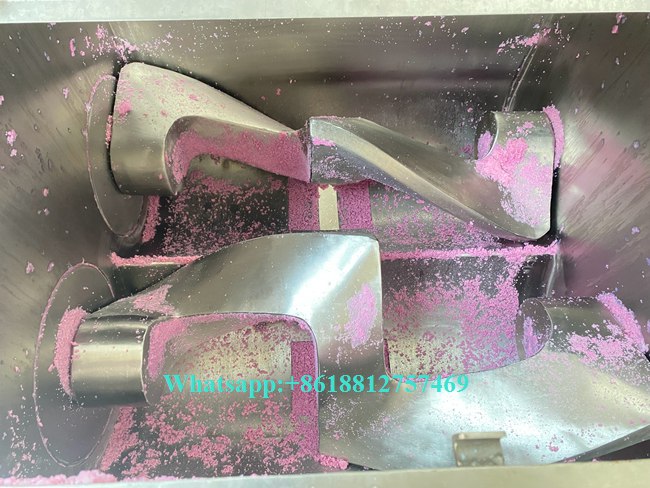
The soap mixer is key to soap making. It blends all ingredients smoothly.
It works on a simple principle: agitation. Blades move quickly inside the mixing chamber. This creates turbulence.
It makes sure the soap base, water, fragrance—any additive, really—is evenly spread.
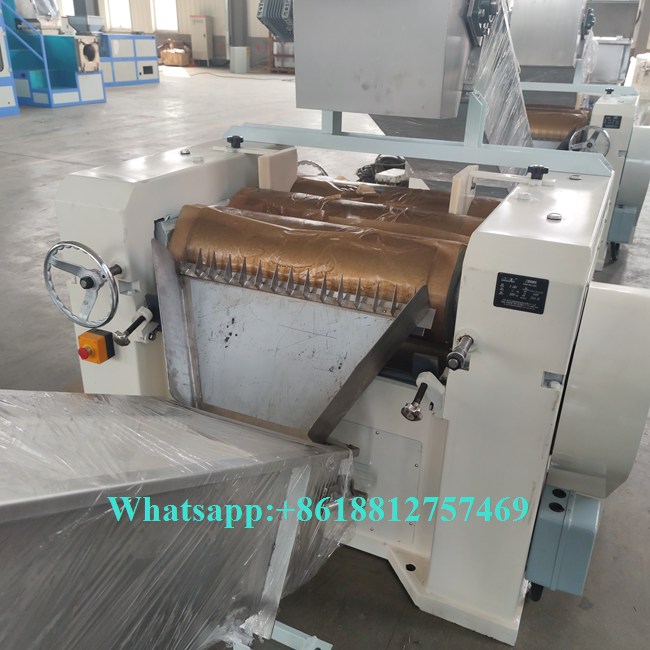
The soap three roll mill uses three horizontal rollers. It mills and refines soap materials.
The rollers spin at different speeds, in opposite directions. This helps make soap consistent—high quality, too.
The first roller breaks down big soap particles. It turns them into a smooth paste. Then the paste moves to the second and third rollers. These refine the texture. They crush any leftover solid bits, too. The result? A fine, creamy soap product.
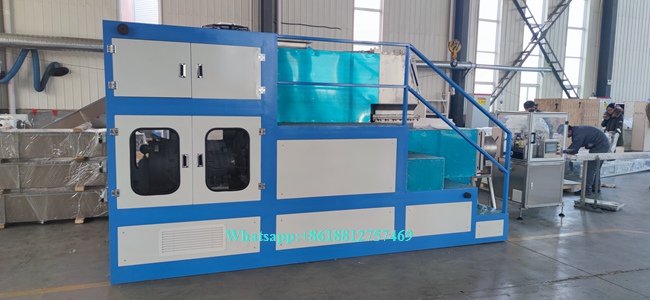
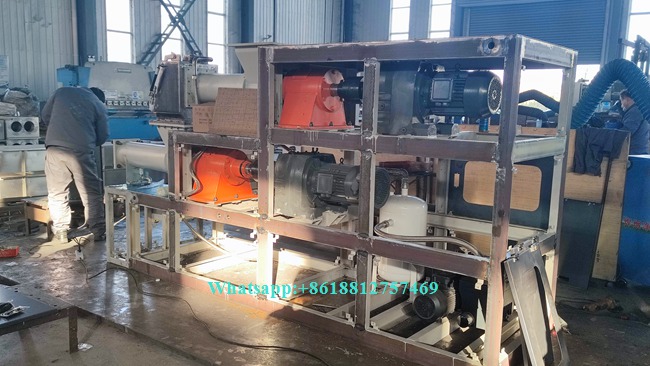
Duplex vacuum plodder—soap extruder—is a must in soap production.
It works by pressing soap mixtures. These include base, color, fragrance—all the ingredients. The result? A continuous bar.
The soap mix feeds into the machine via a conveyor belt. Then it gets pushed into a mold. There, it compacts.
The compacted mix exits the mold as a continuous bar. Molds can be swapped out, by the way. This lets you make bars in different shapes and sizes—whatever the customer wants.
After that, it’s cut to length. Then wrapped, ready for packaging.
